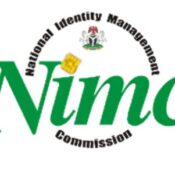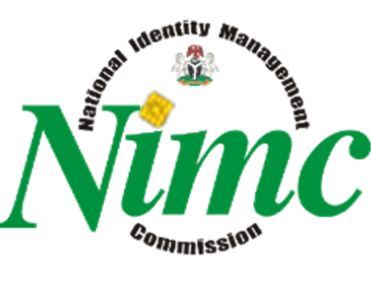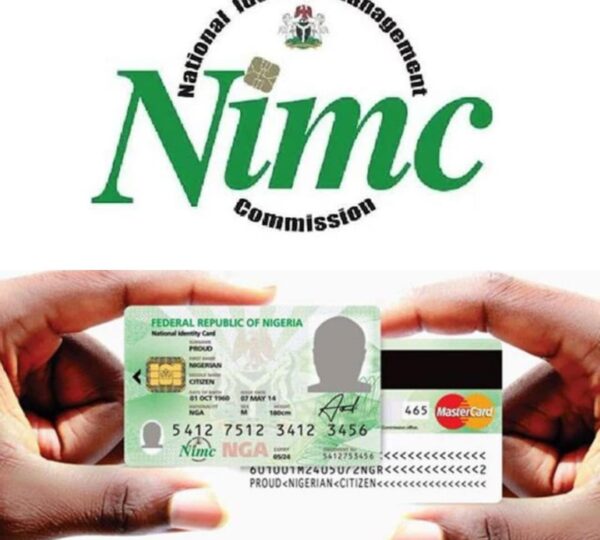- Government Organisation
- Abuja, Federal Capital Territory, Nigeria

NATIONAL IDENTITY MANAGEMENT COMMISSION
History
The journey towards establishing a national identity card system in Nigeria traces back to 1977, albeit with initial setbacks. In 2003, a new initiative managed by the Directorate of National Civic Registration (DNCR) commenced, registering approximately 54 million Nigerians. However, this endeavor fell short of expectations due to operational challenges and allegations of corruption. Subsequently, in 2010, the National Identity Management Commission (NIMC) was established, marking a pivotal moment in Nigeria’s identity management landscape. With an initial budget allocation of about 30 billion naira in the 2011 federal budget, NIMC embarked on a mission to develop a robust identity management system. Partnerships were formed with the National Database & Registration Authority of Pakistan for card development and with consortiums like Chams Nigeria and OneSecureCard for data capture services. In March 2024, NIMC refuted reports of a data breach by an alleged entity, XpressVerify.
National Identification Number (NIN)
At the heart of Nigeria’s National Identity Management System is the National Identification Number (NIN), an essential component administered by NIMC. This unique identifier, along with the General Multi-Purpose Card, plays a pivotal role in creating a comprehensive national identity database, mitigating identity fraud, and ensuring the authenticity of user data.
Organizational Mandate
Empowered by the NIMC Act No. 23 of 2007, NIMC is tasked with establishing, operating, and maintaining the National Identity Database. The commission is responsible for registering individuals, assigning NINs, and issuing General Multi-Purpose Cards (GMPC) to citizens and legal residents of Nigeria. The Act also encompasses regulations governing the commission’s functions, including the transfer of assets and liabilities from the former Department of National Civic Registration (DNCR) to NIMC.
Vision Statement
NIMC aspires to provide a digital primary identity for all citizens and legal residents, serving as a benchmark for identity verification.
Mission Statement
The commission’s mission is to regulate a reliable National Digital Identity for citizens and legal residents, affirming their identity with confidence.
Core Values
NIMC upholds a set of core values that guide its operations:
- Transparency: Fostering openness and clarity in service delivery.
- Promptness: Emphasizing efficiency and timeliness in all endeavors.
- Integrity: Upholding honesty and dedication to duty.
- Excellence: Striving for competence and accountability.
- Professionalism: Demonstrating competence, respect, creativity, and teamwork in all activities.
At NIMC, these values serve as the cornerstone of ethical behavior, ensuring the highest standards of service delivery and identity management for the nation.
Business Amenities
- Car Parking
- Funding: Federal
Contact Information
Opening Hours
Contact Business
Contact Business
Additional Information
Additional info







